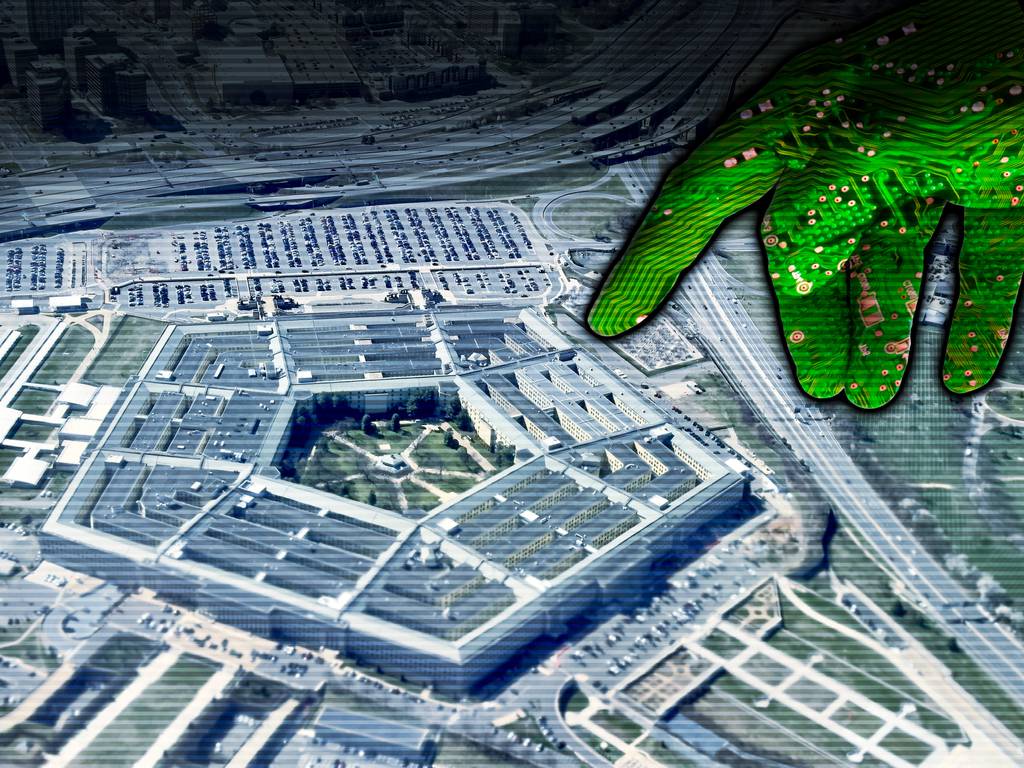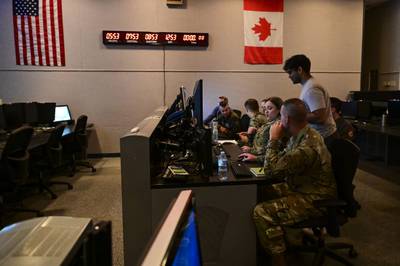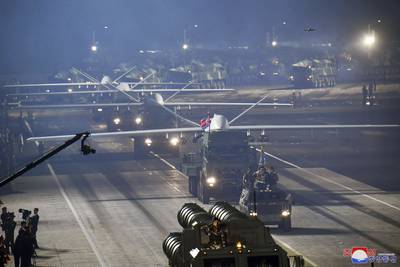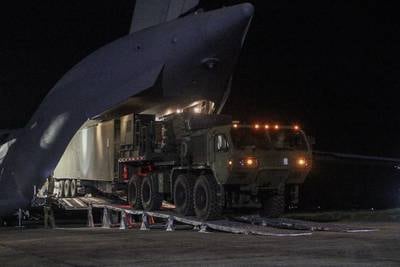WASHINGTON — The Pentagon’s top technology official instructed defense agencies, military services and other offices to prioritize a $9 billion cloud computing arrangement, including when cutting deals concerning the nation’s most sensitive data.
Defense Department Chief Information Officer John Sherman in a memo made public Aug. 2 said a number of existing cloud services will transition to the Joint Warfighting Cloud Capability, or JWCC, upon expiration. New agreements made for secret and top-secret classifications should adopt JWCC, as well, he said.
“The JWCC contract vehicle provides the DoD an unprecedented ability to directly acquire commercial capabilities and services at three classification levels … and from strategic and operational headquarters to the tactical edge,” the memo states.
“The JWCC is not a cloud management or hosting environment,” it continues, “but rather a key vehicle in the department’s technology arsenal for the acquisition of services for current and future DoD component managed and controlled cloud environments.”

The Pentagon in December tapped Amazon, Google, Microsoft and Oracle for its landmark JWCC. The contract is considered the follow-up to the failed $10 billion Joint Enterprise Defense Infrastructure venture. JEDI, as it was known, was scuttled in 2021 after allegations of political interference and lengthy litigation.
The four companies are competing for JWCC jobs spanning unclassified, secret and top-secret designations, and are guaranteed only $100,000. Each won work in March in an initial round of awards worth millions of dollars, officials said at the time.
Sherman’s directions for JWCC usage include exceptions for the National Reconnaissance Office, National Geospatial-Intelligence Agency, Defense Intelligence Agency and the National Security Agency. They rely on the intelligence community’s Commercial Cloud Enterprise, or C2E, which was awarded in 2020. It features the same vendors as JWCC, plus IBM.
Sherman last year described getting JWCC up and running as “among my very top priorities.”
Colin Demarest was a reporter at C4ISRNET, where he covered military networks, cyber and IT. Colin had previously covered the Department of Energy and its National Nuclear Security Administration — namely Cold War cleanup and nuclear weapons development — for a daily newspaper in South Carolina. Colin is also an award-winning photographer.








